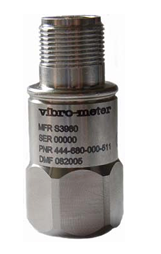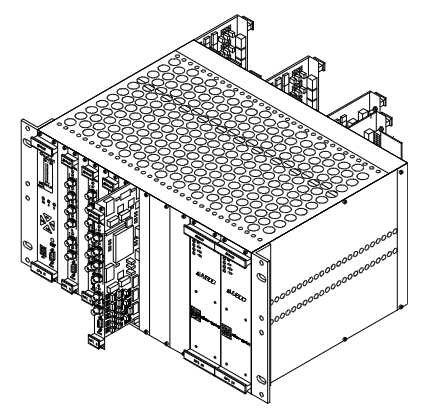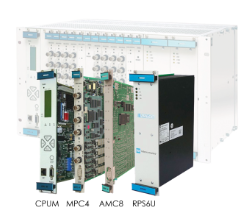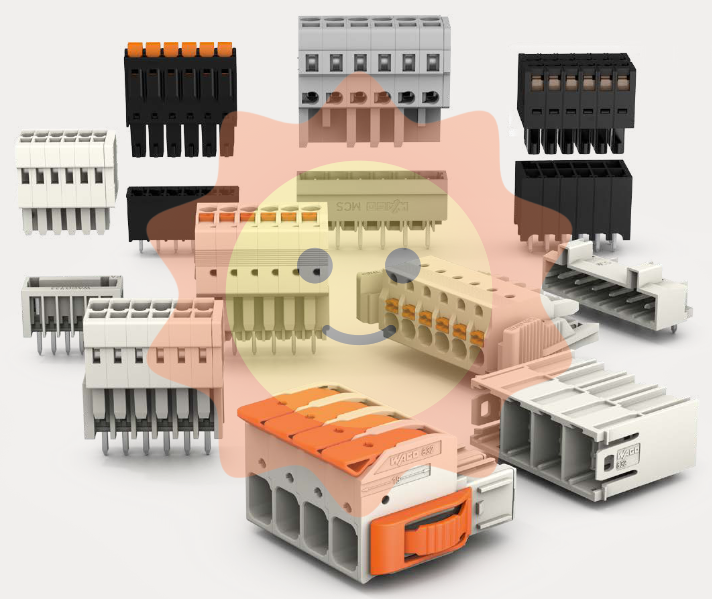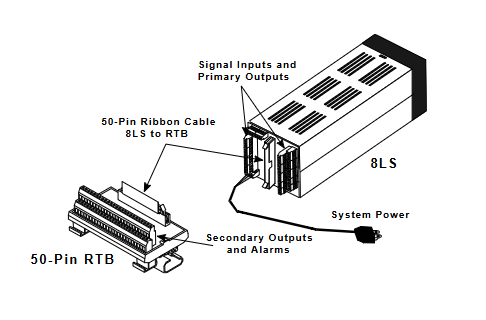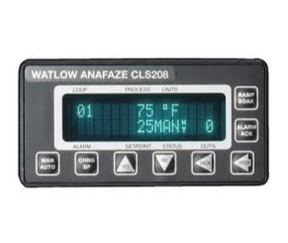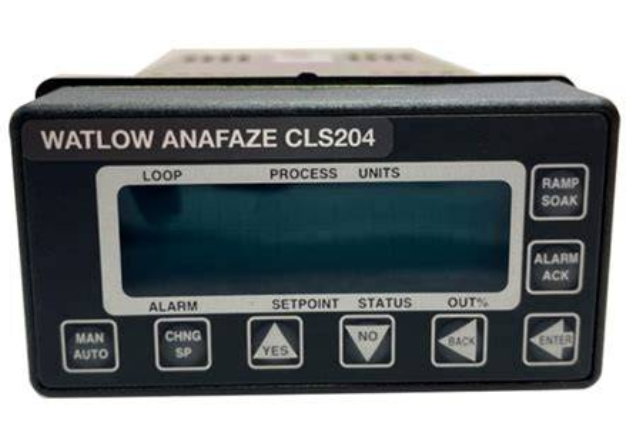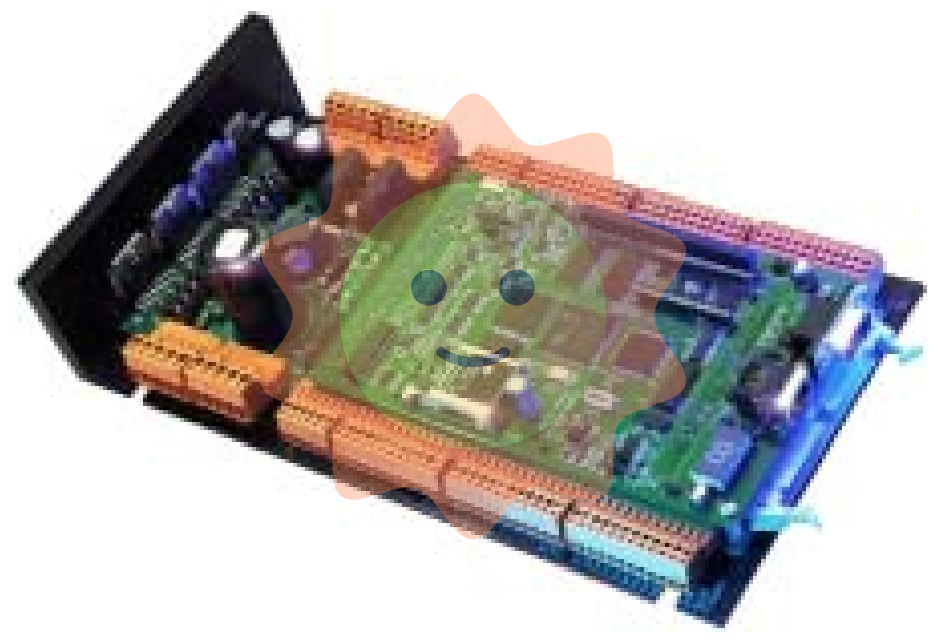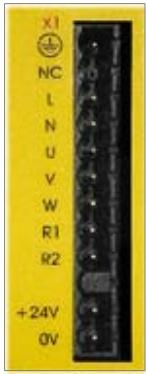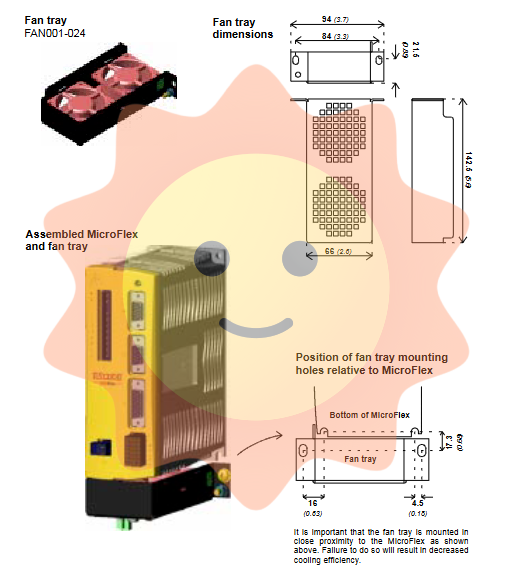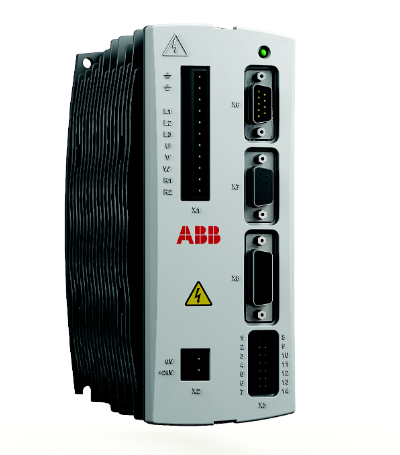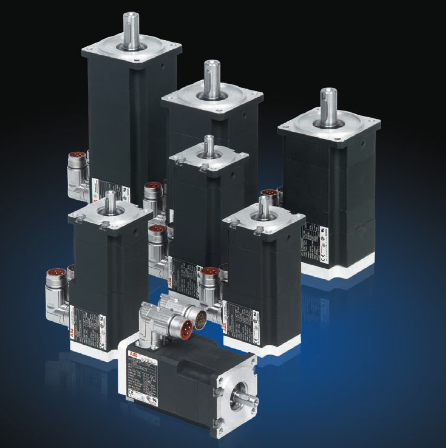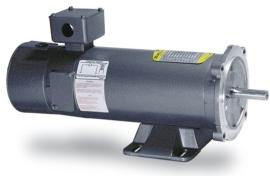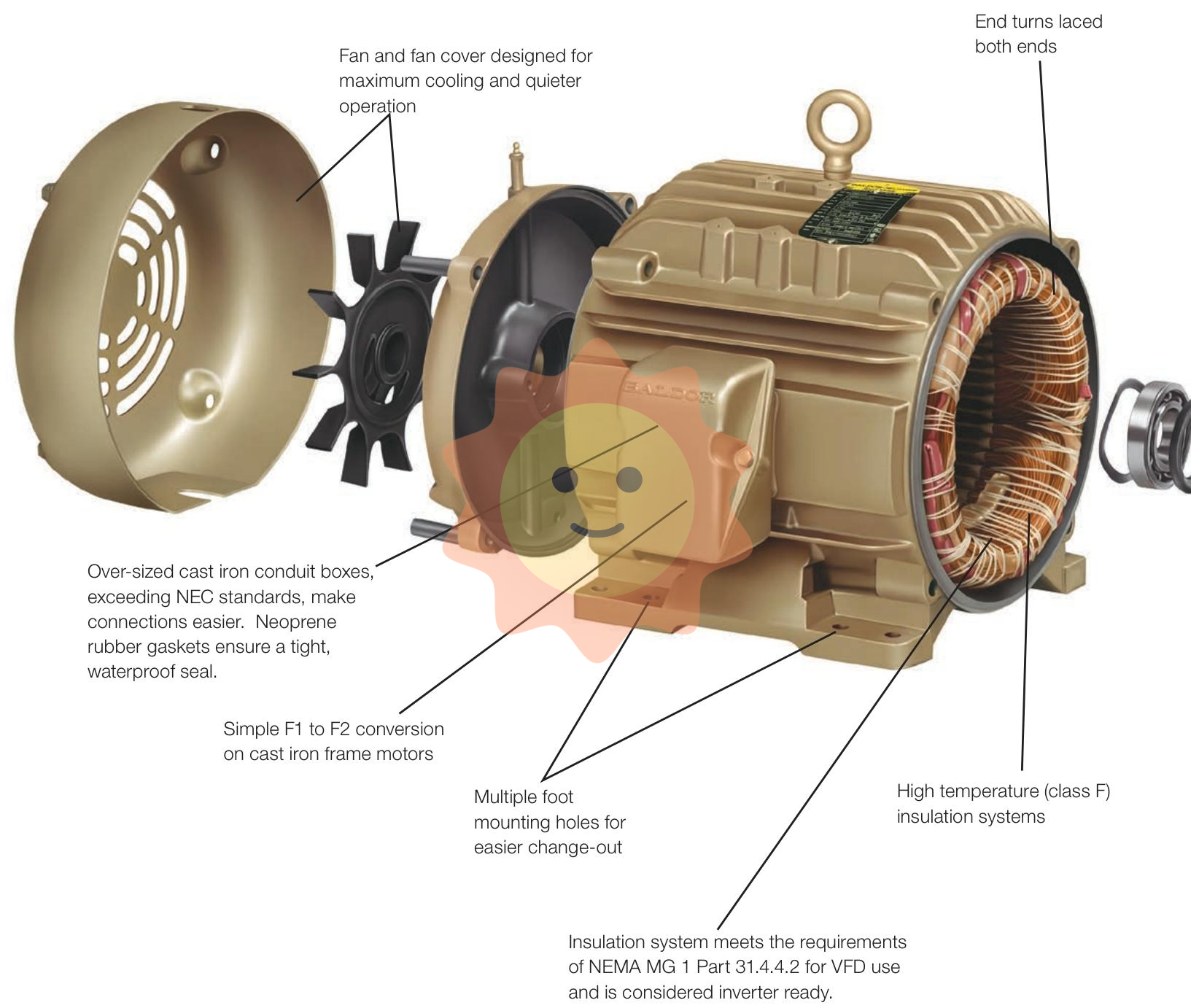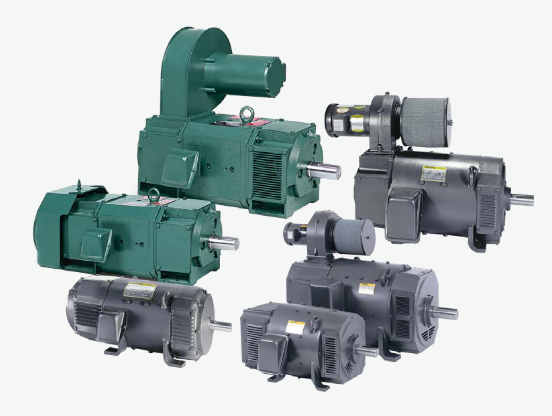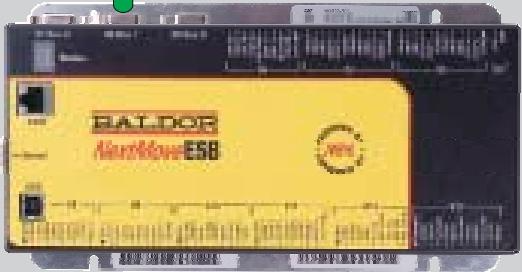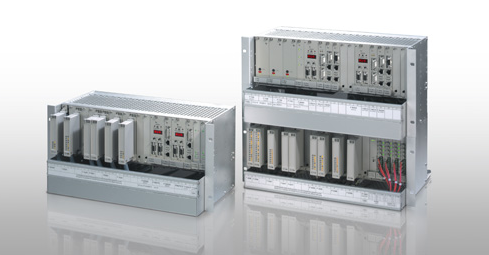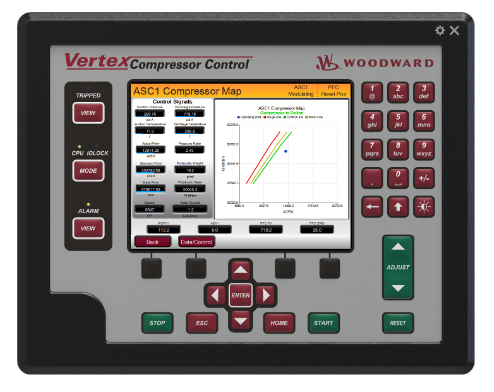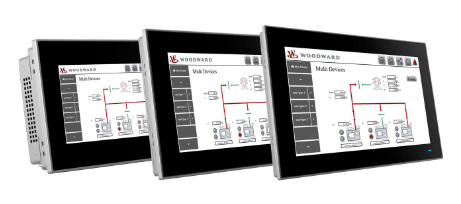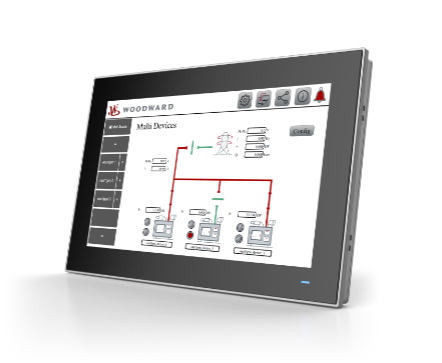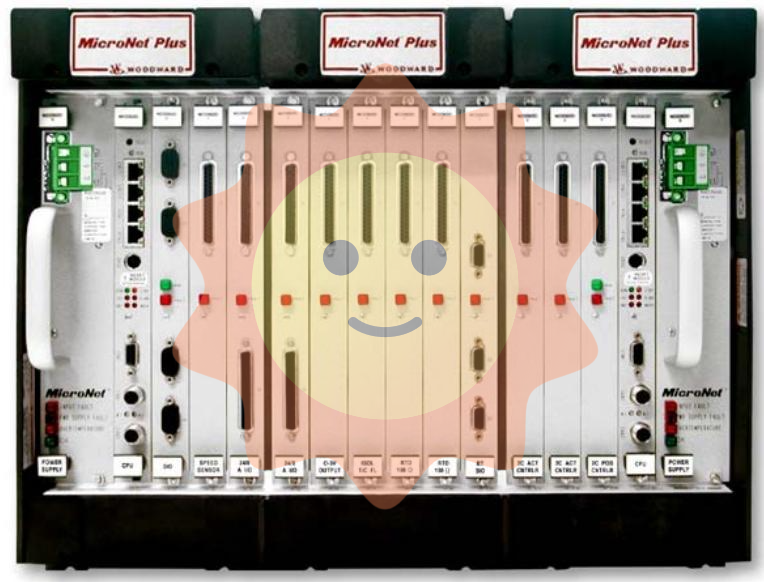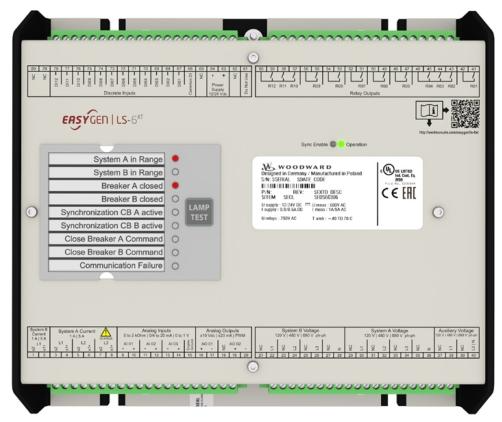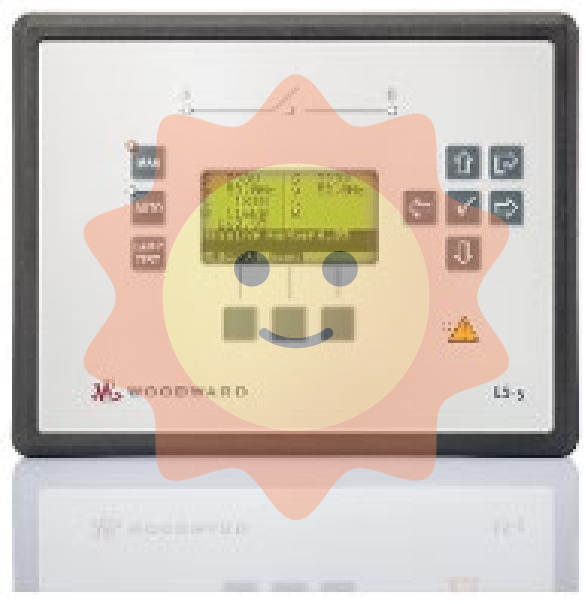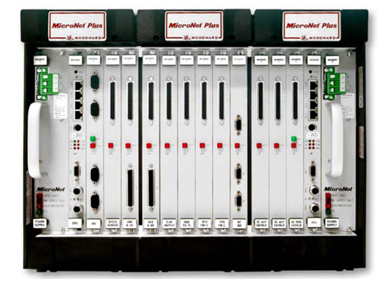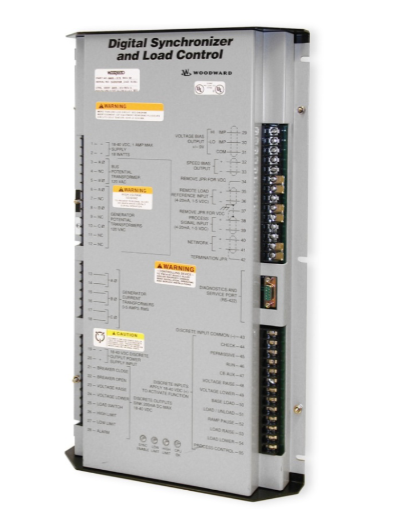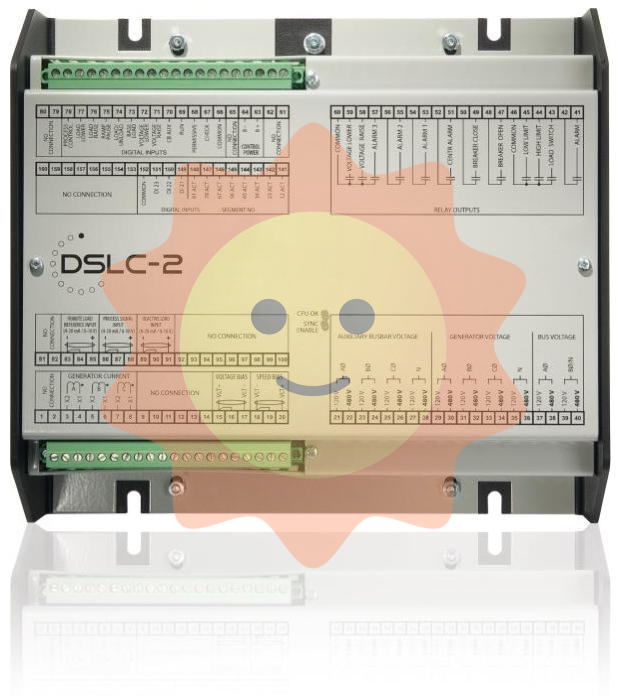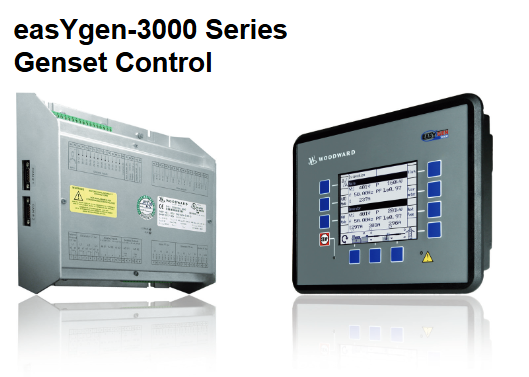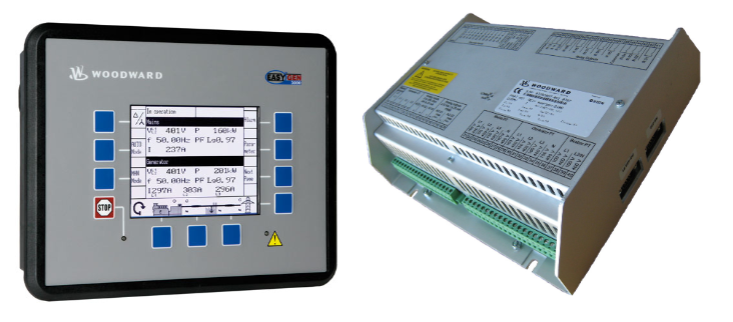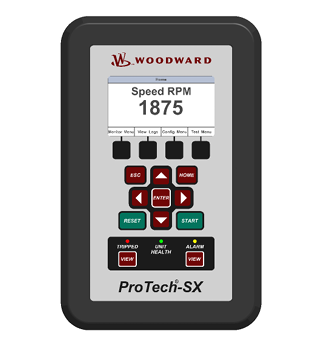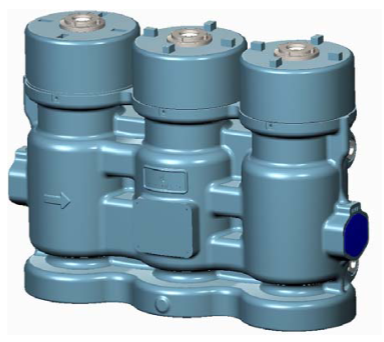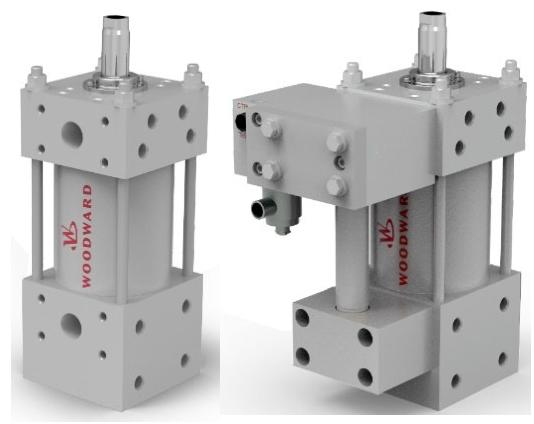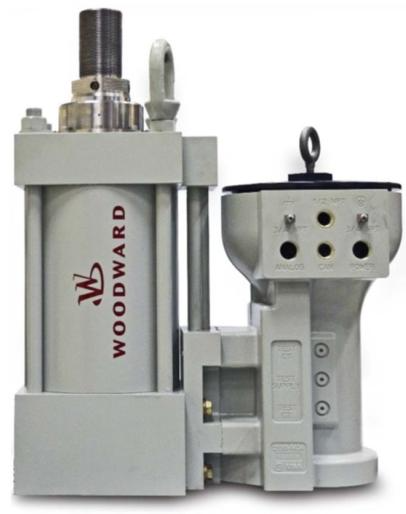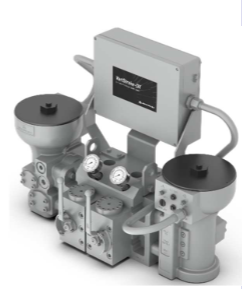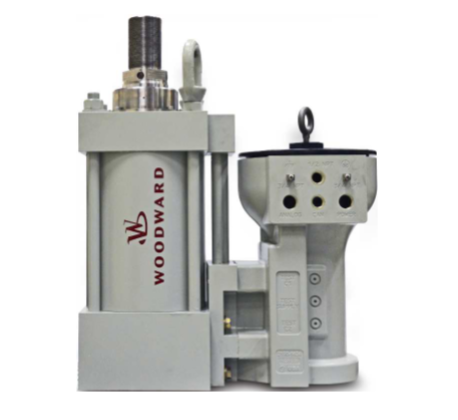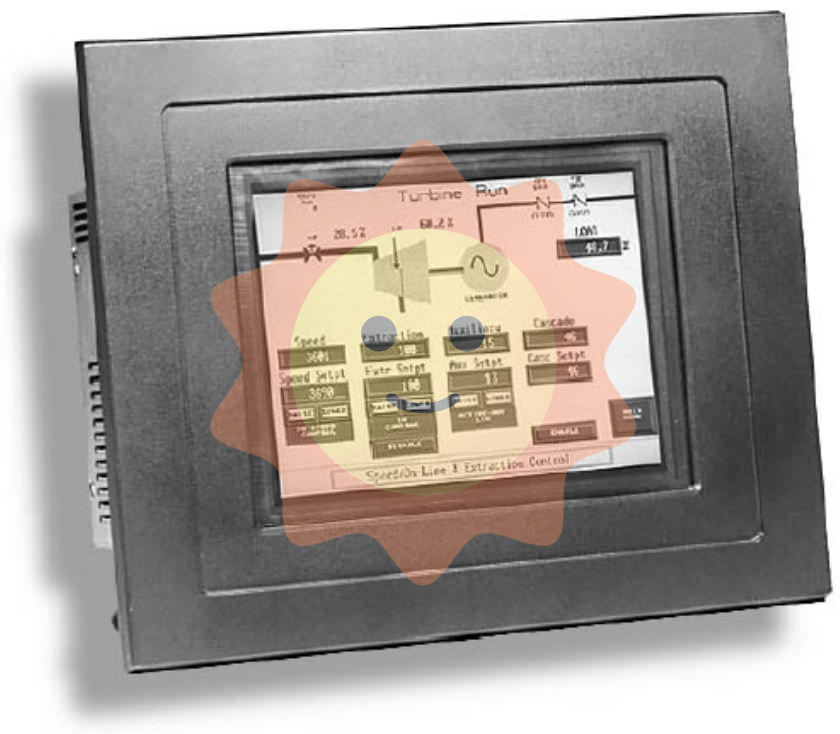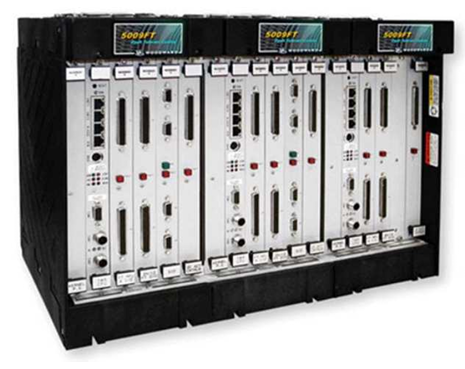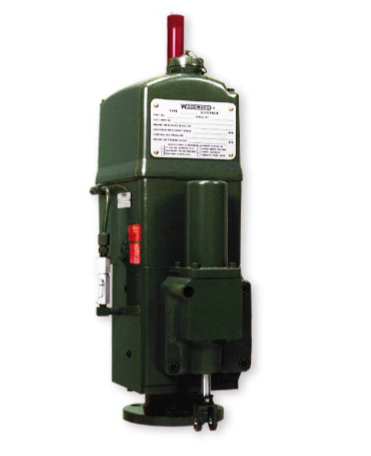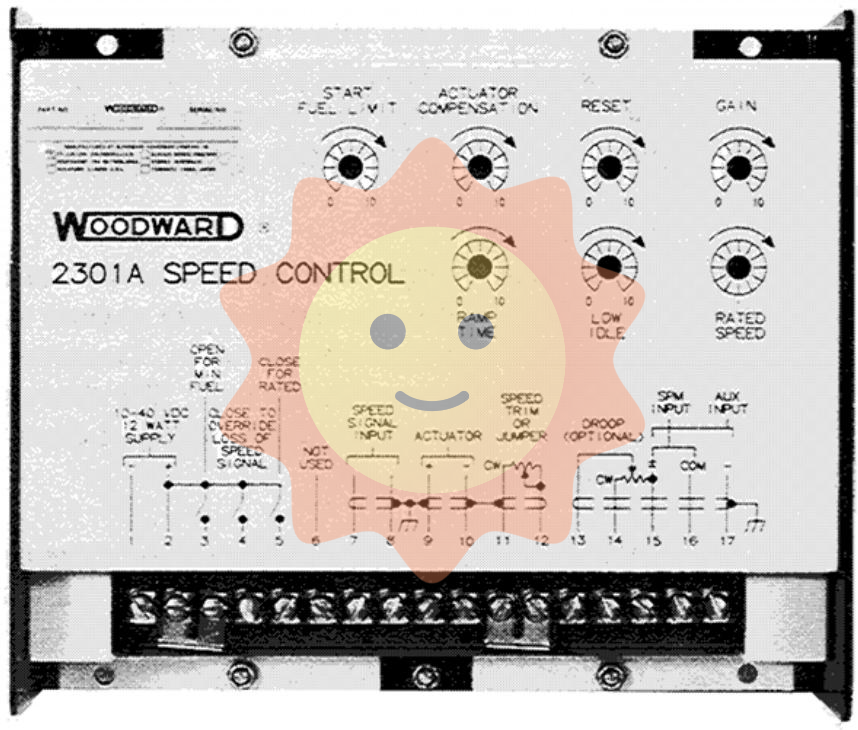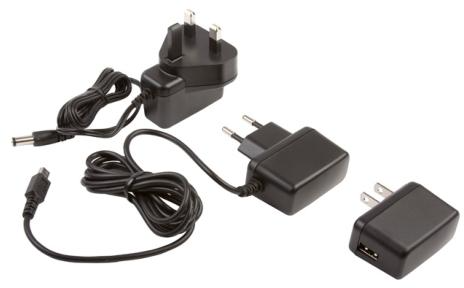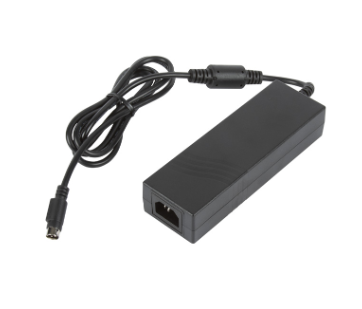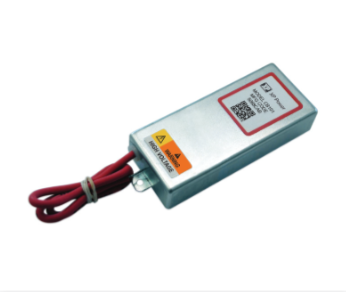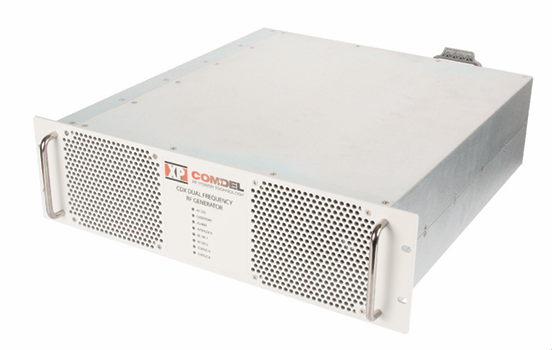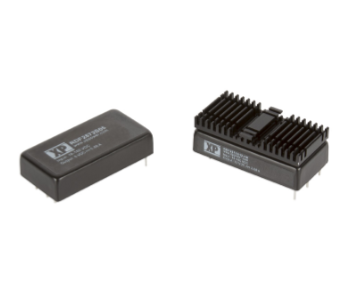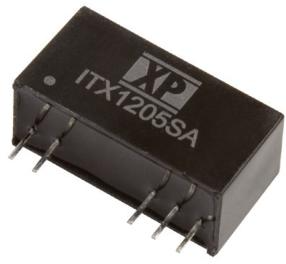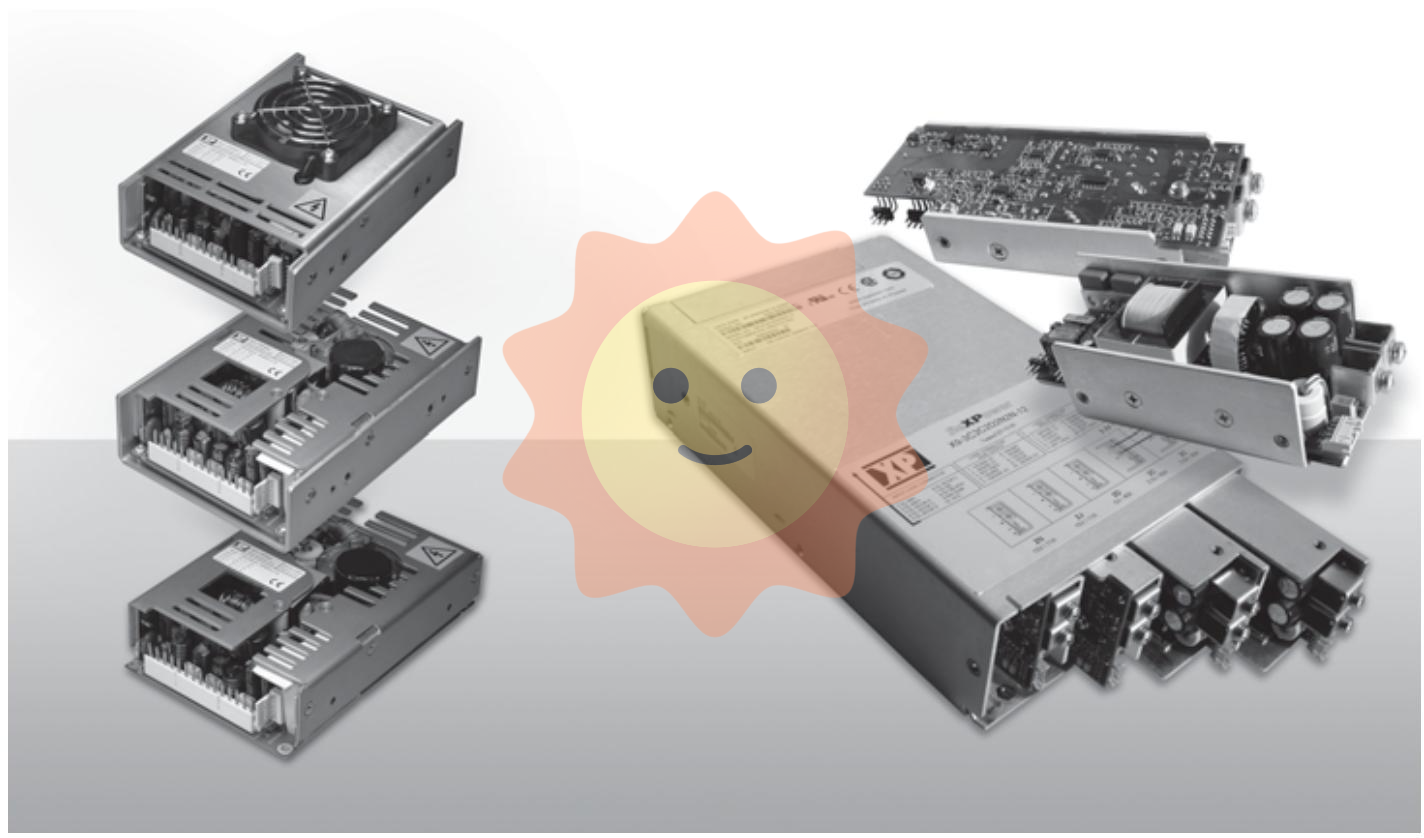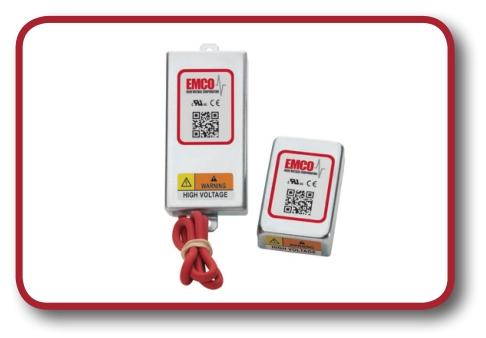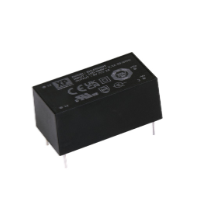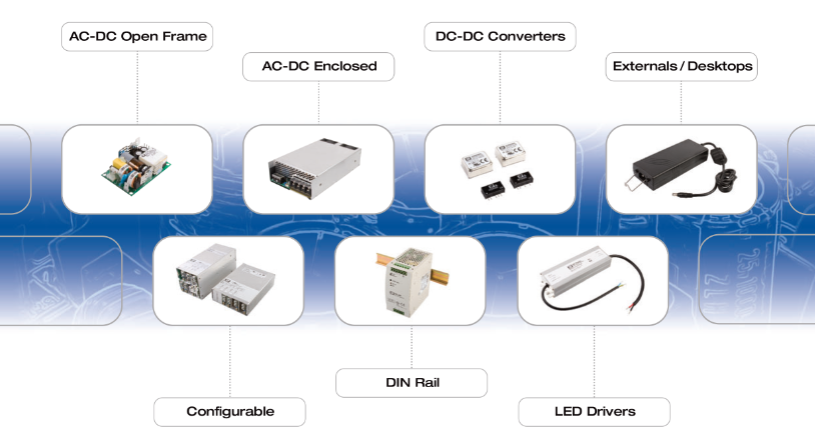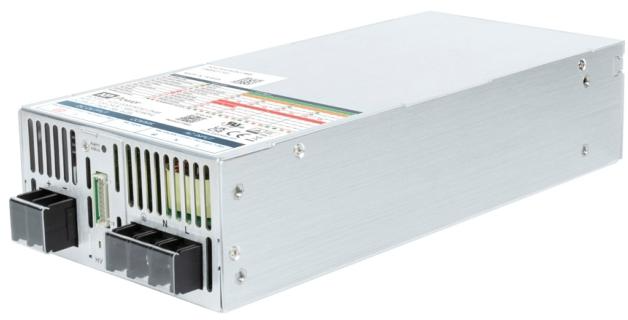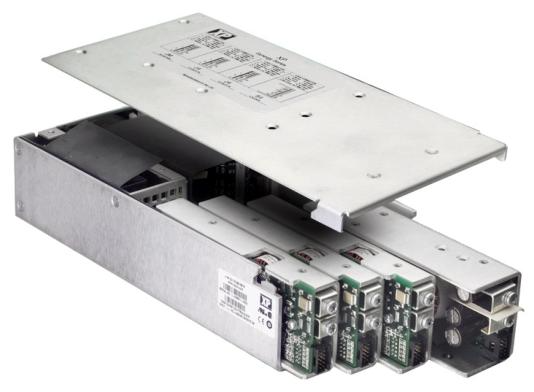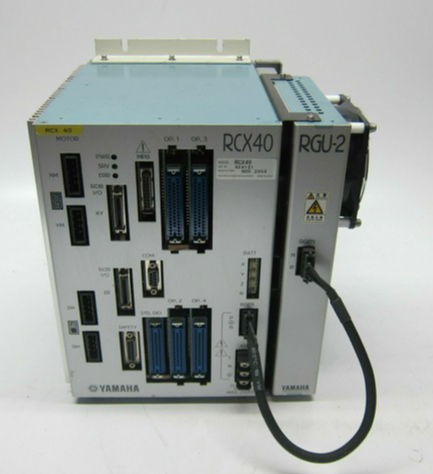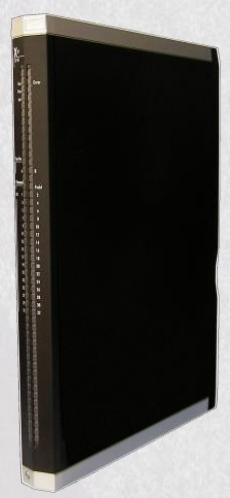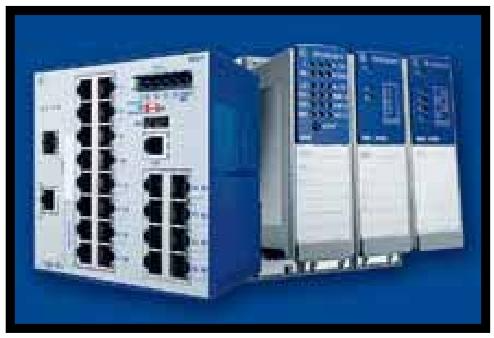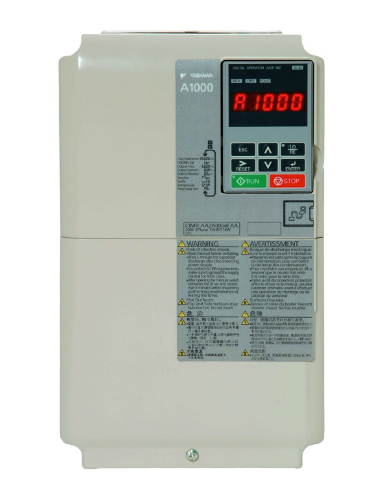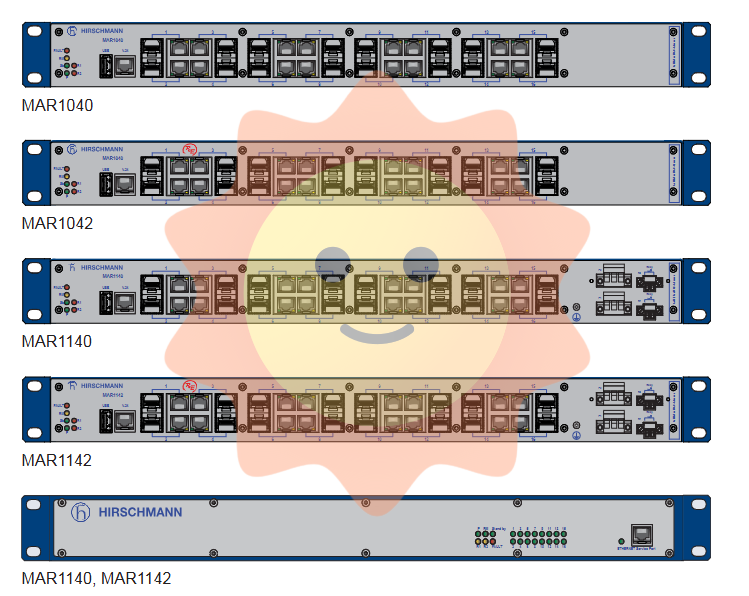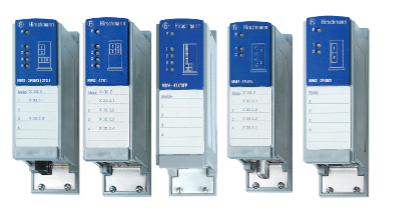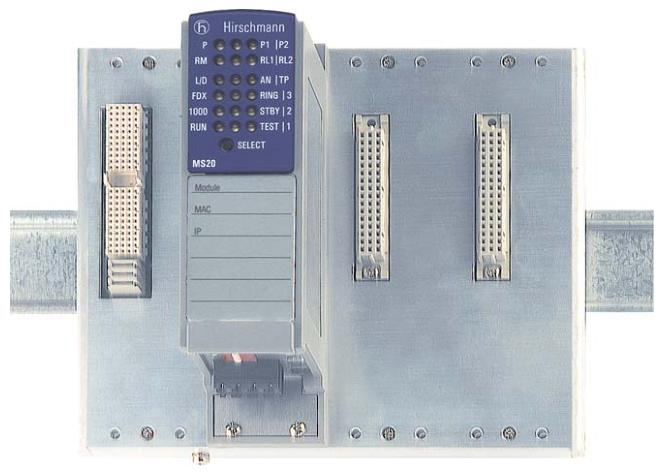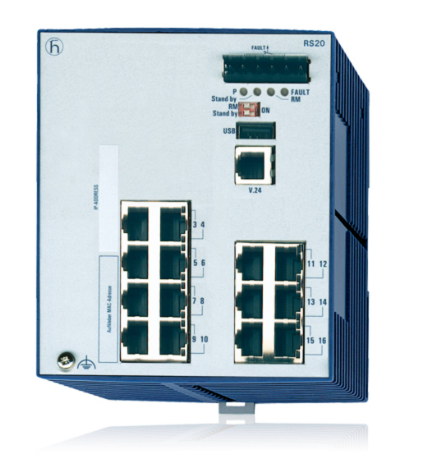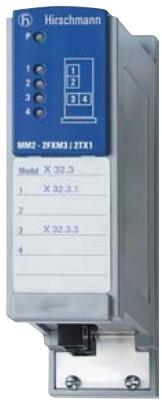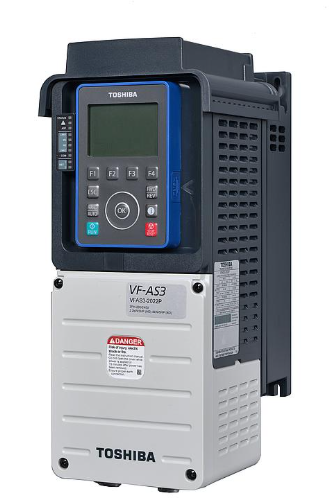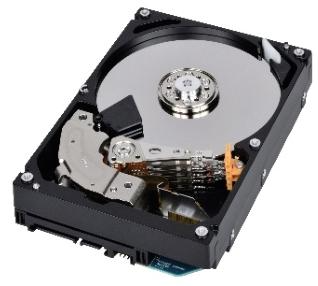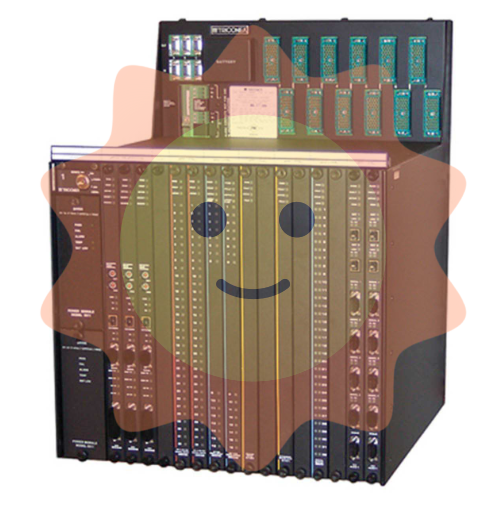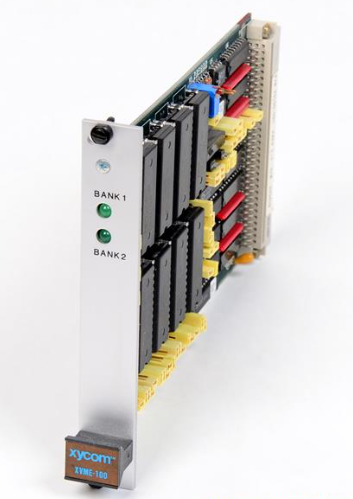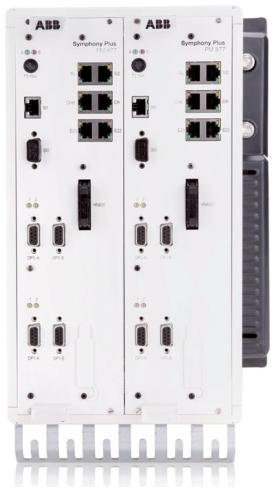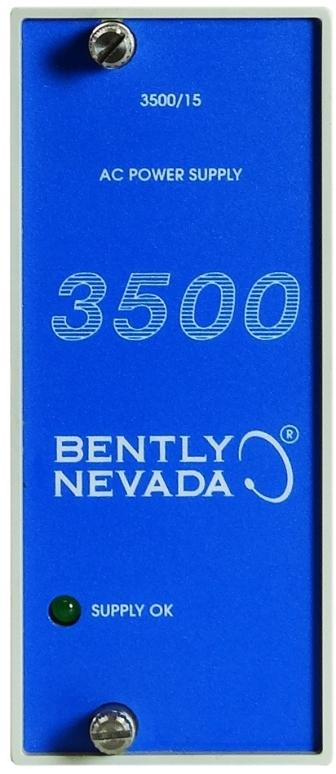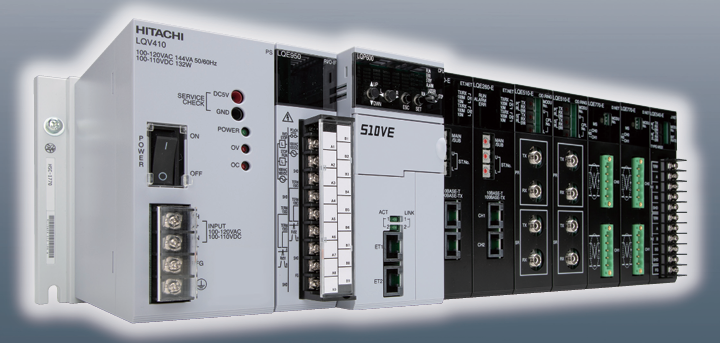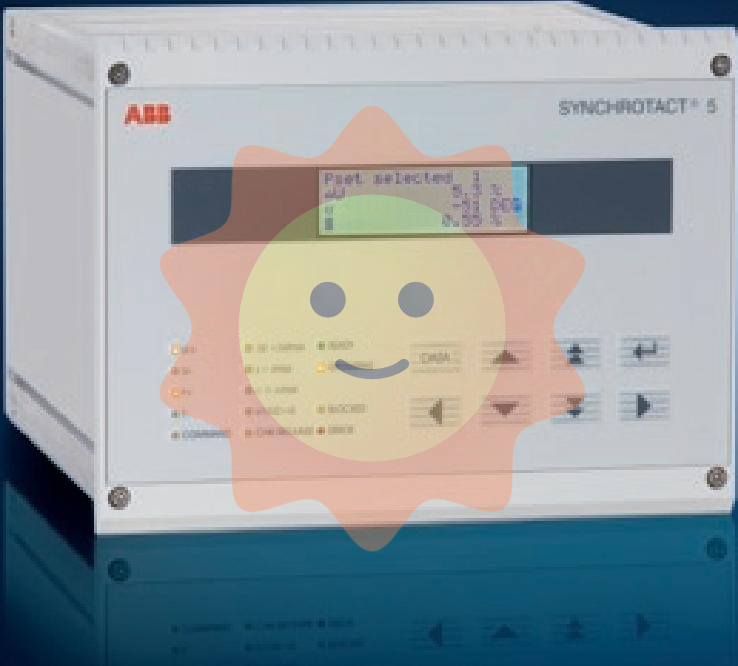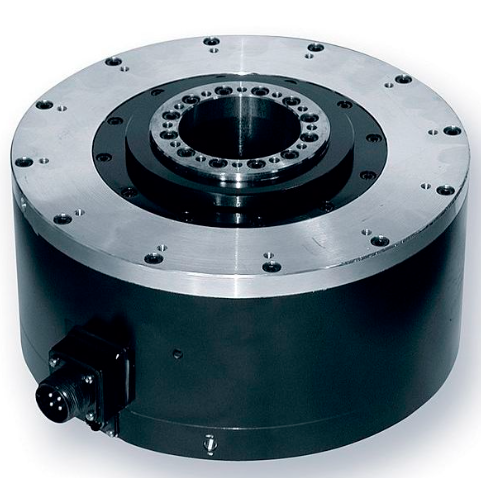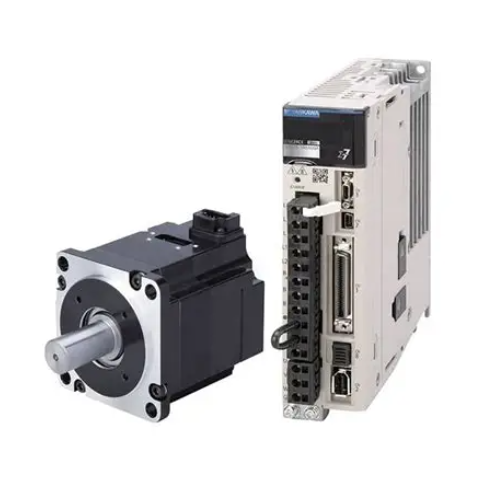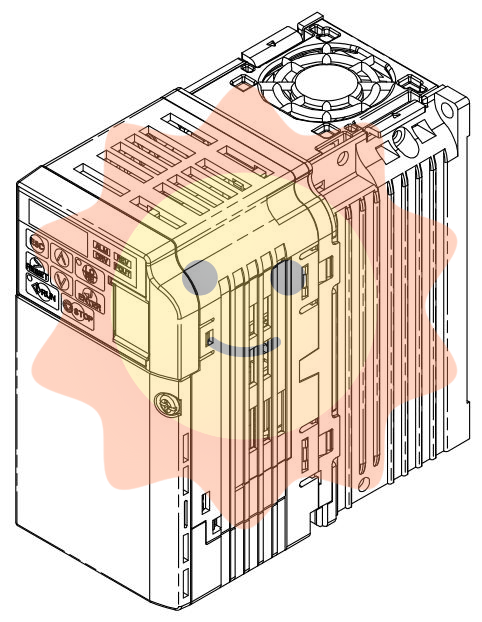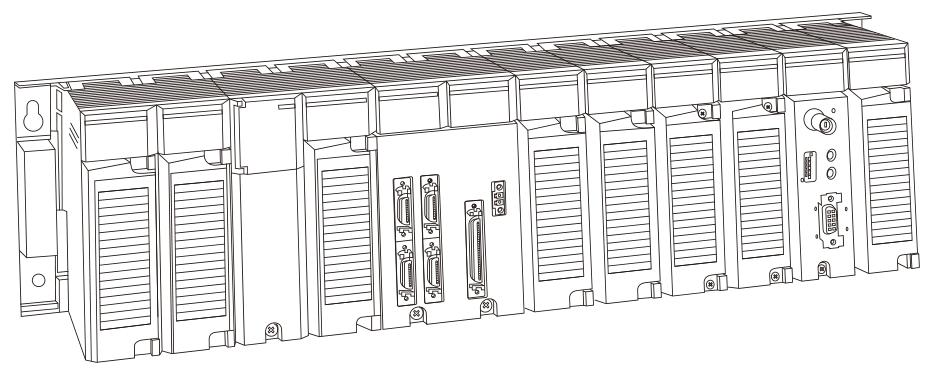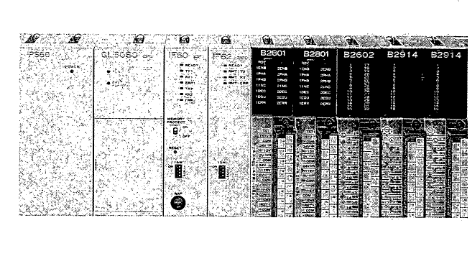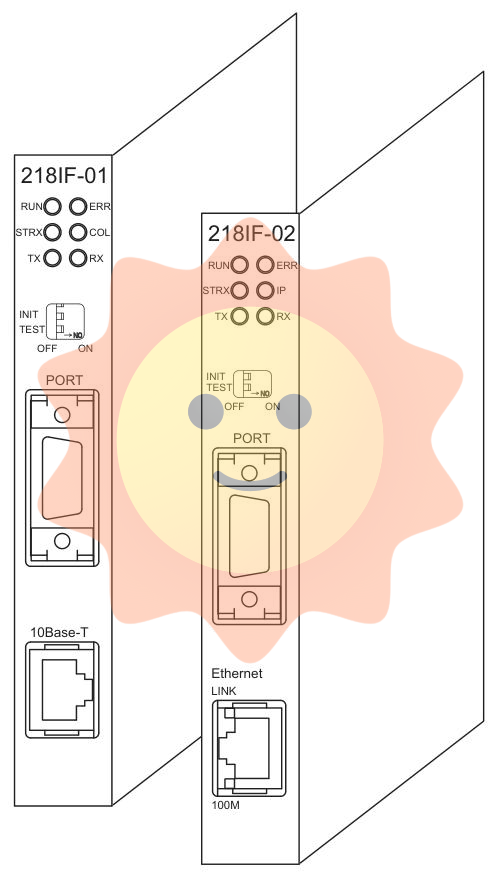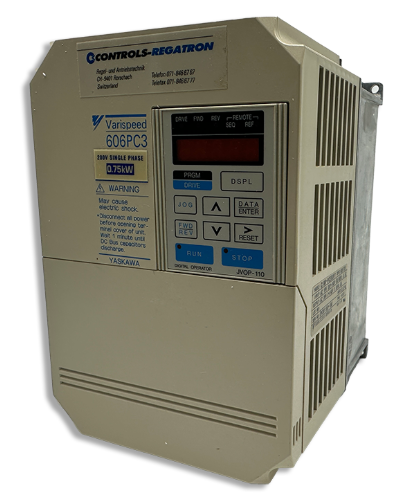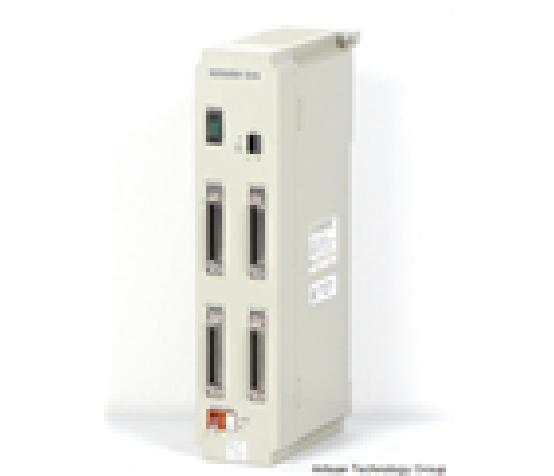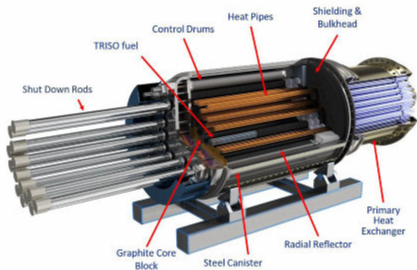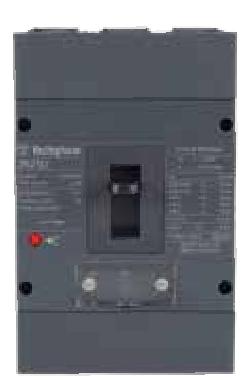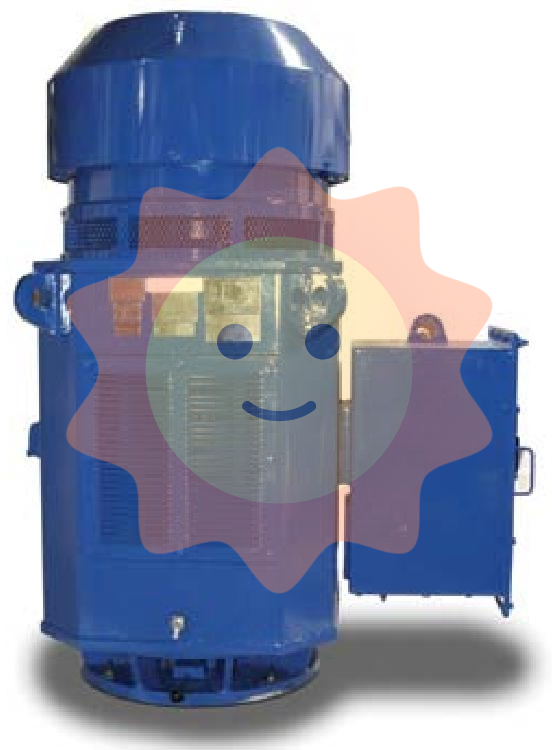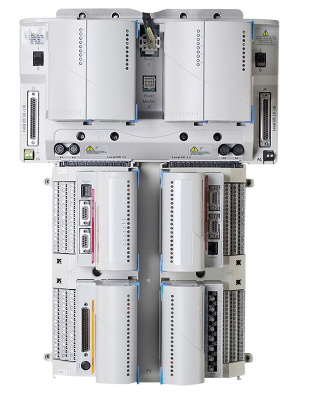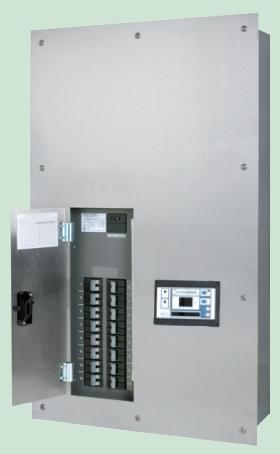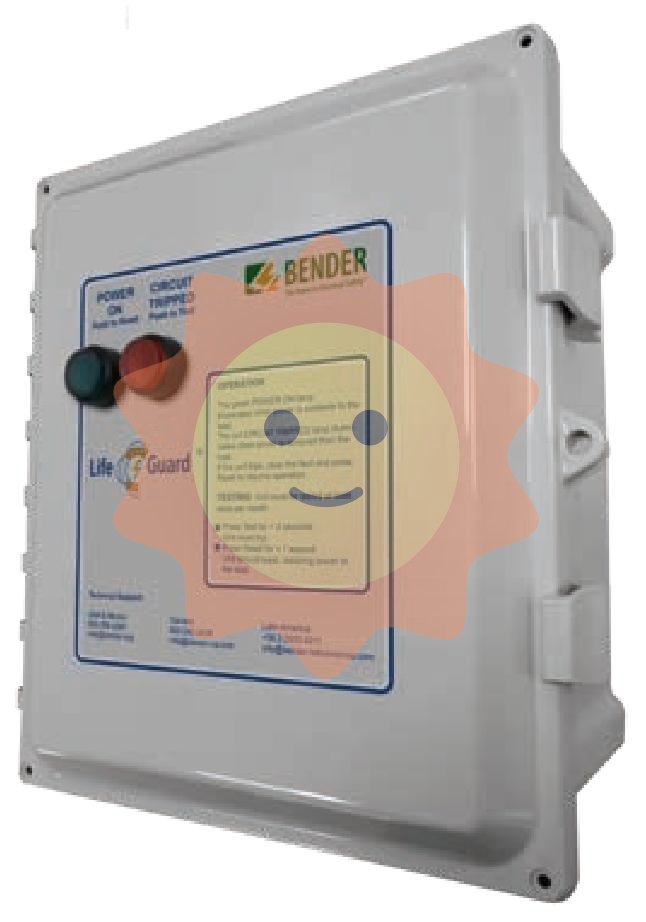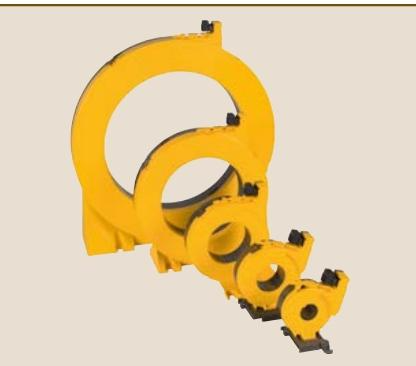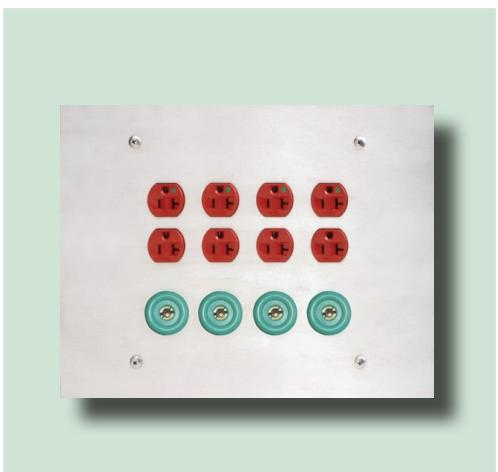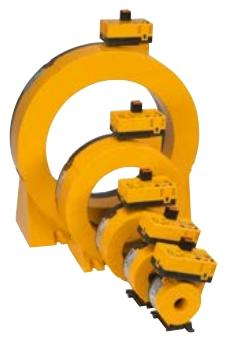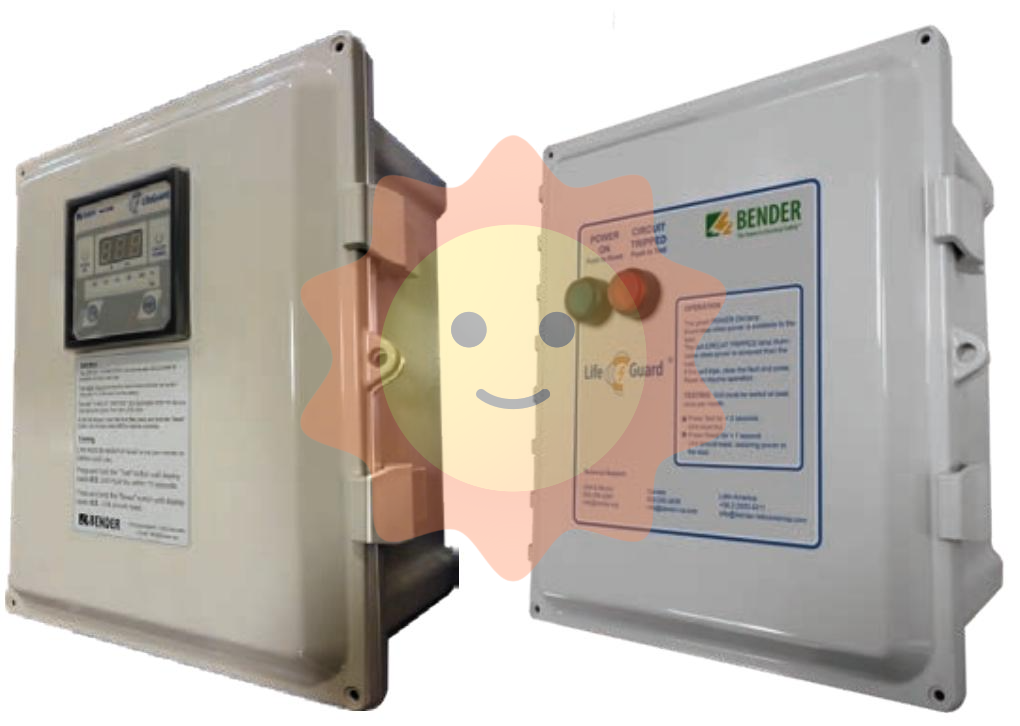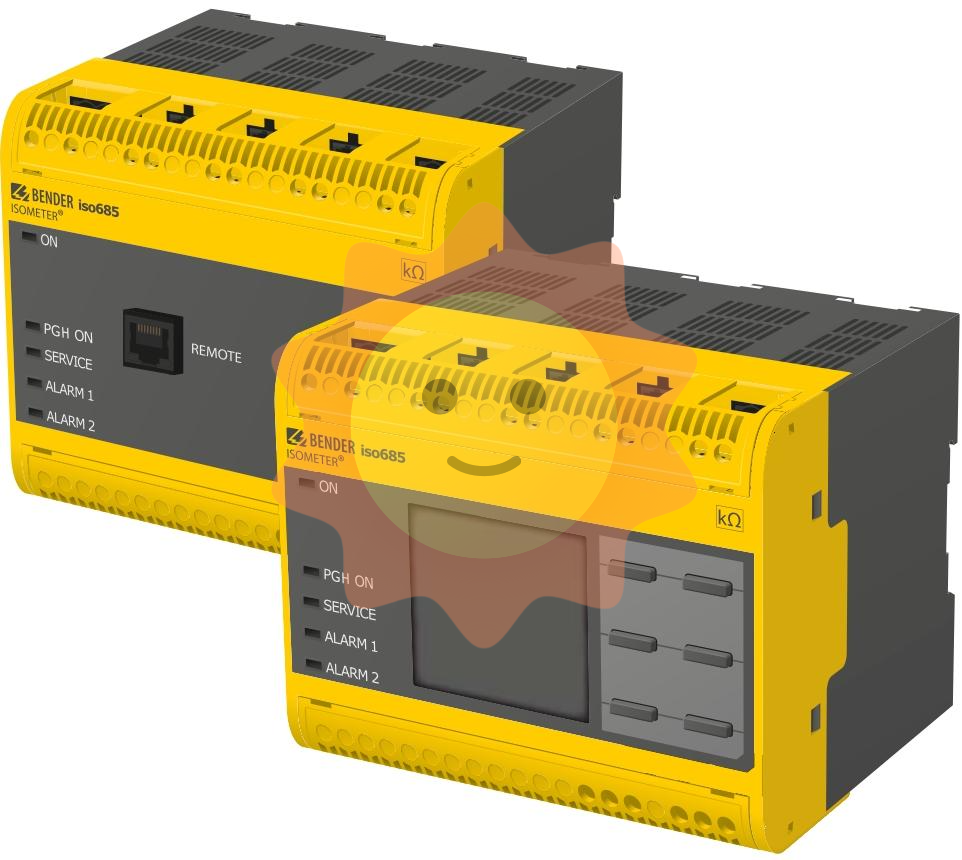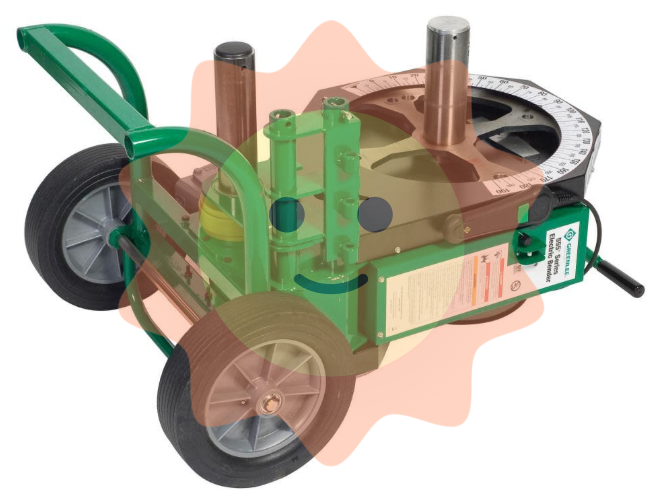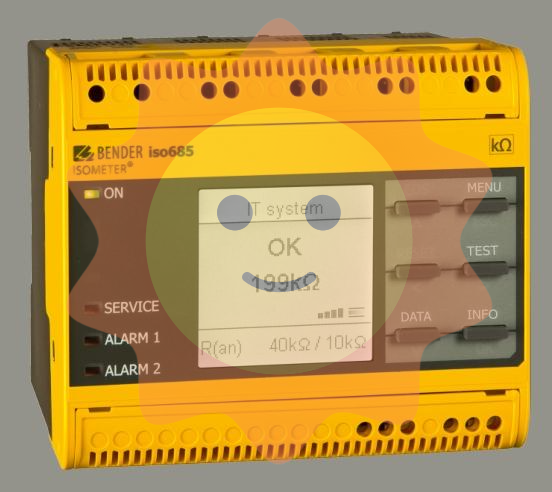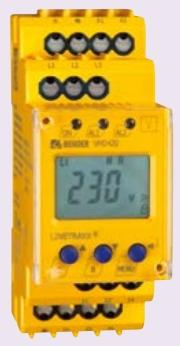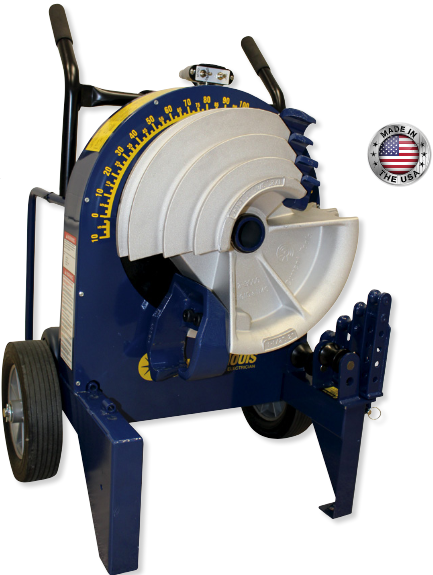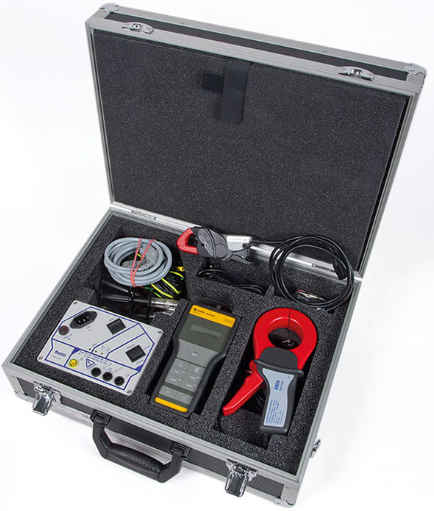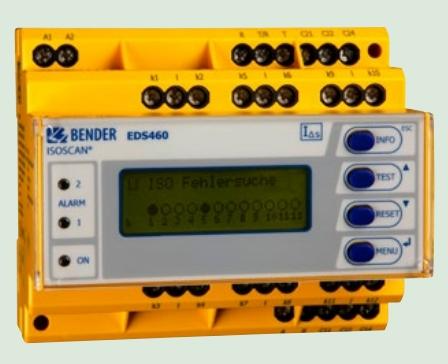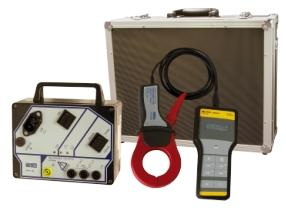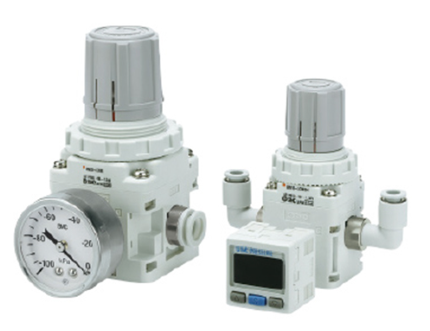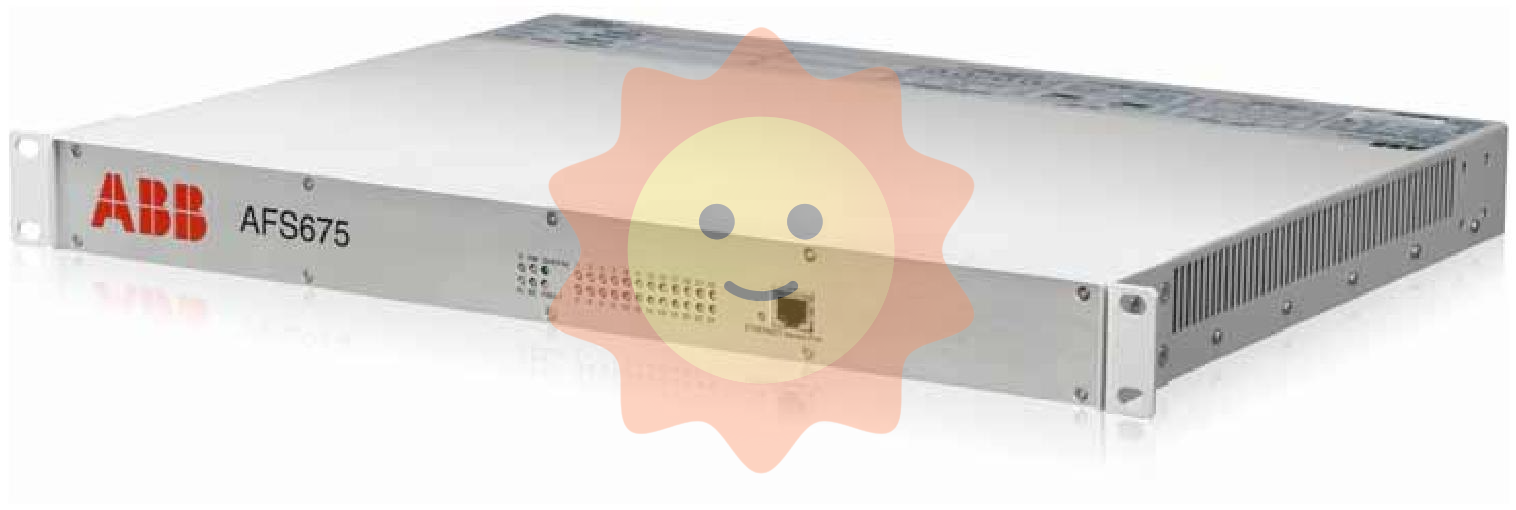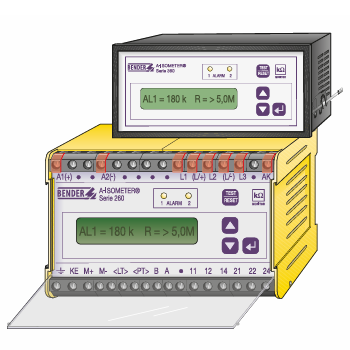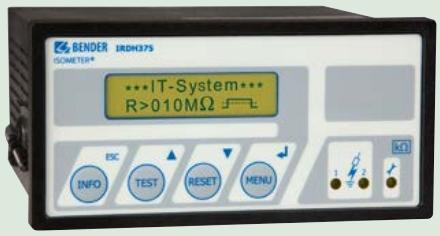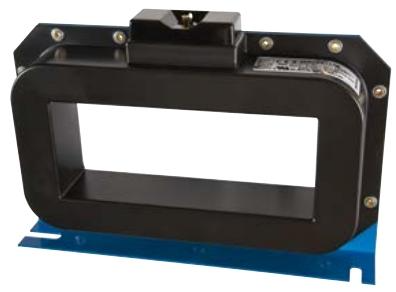ABB LWN2660-6E 3BHL000986P7002 is a high-performance power conversion module designed specifically for industrial power electronic systems, belonging to ABB's advanced power module series. Its core function is to achieve efficient conversion of electrical energy between different forms and parameters, widely applicable to key power equipment such as medium and high voltage inverters, photovoltaic inverters, energy storage systems, and industrial rectification devices, providing stable and reliable power support for various industrial scenarios.
ABB LWN2660-6E 3BHL000986P7002 Power Conversion Module
Basic information of module
ABB LWN2660-6E 3BHL000986P7002 is a high-performance power conversion module designed specifically for industrial power electronic systems, belonging to ABB's advanced power module series. Its core function is to achieve efficient conversion of electrical energy between different forms and parameters, widely applicable to key power equipment such as medium and high voltage inverters, photovoltaic inverters, energy storage systems, and industrial rectification devices, providing stable and reliable power support for various industrial scenarios.
Among them, "3BHL000986P7002" is the exclusive material code for this module, used for precise identification, production traceability, and supply chain management within ABB's product system; LWN2660-6E "is the model identification of the module, which includes key information such as product series and core parameters, and is an important basis for user selection and application.
Core technical characteristics
1. Efficient power conversion capability
This module adopts high-power semiconductor devices independently developed by ABB (such as IGBT or thyristor, matched according to specific application scenarios), combined with optimized circuit topology structure, the power conversion efficiency can reach over 98%. This feature can significantly reduce the loss of electrical energy during the conversion process, reduce the energy consumption of equipment operation, and at the same time reduce the heating of the module itself, laying the foundation for long-term stable operation of the system. Its rated power and voltage level have been precisely designed to meet the power requirements of medium and high voltage industrial scenarios, ensuring efficient operation under different load conditions.
2. Excellent reliability and stability
In industrial environments, the reliability of equipment directly determines production continuity. This module follows ABB's strict quality control standards from design to production, and has excellent anti-interference ability, overvoltage protection, overcurrent protection, overheating protection and other multiple safety mechanisms. When the system experiences abnormal operating conditions, the module can quickly respond and trigger protective measures to avoid damage to itself and backend equipment. In addition, the module adopts high stability packaging technology and high temperature and aging resistant components, which can adapt to the harsh environment of industrial sites, such as high and low temperature fluctuations, humidity changes, electromagnetic interference, etc., extending the service life of the equipment.
3. Flexible adaptability and compatibility
To meet the integration requirements of different systems, the ABB LWN2660-6E 3BHL000986P7002 module adopts standardized interface design and installation dimensions, which can be easily integrated with ABB series frequency converters, controllers, and compatible equipment of other brands. The module supports multiple control signal input methods and can achieve precise power adjustment according to system instructions, adapting to the operating requirements of different load characteristics (such as constant torque load and variable torque load), and providing users with flexible system construction solutions.
4. Convenient monitoring and maintenance
The module integrates comprehensive status monitoring functions, which can provide real-time feedback on key parameters such as working voltage, current, temperature, and operating status. These parameters are transmitted to the system controller or upper computer through standardized interfaces, facilitating real-time monitoring of module operation status by users. At the same time, the module has fault diagnosis function, which can quickly locate the fault type and issue alarm signals when a fault occurs, simplify the maintenance process, shorten downtime, and reduce operation and maintenance costs.
Typical application scenarios
-Industrial transmission system: As the core power unit of medium and high voltage frequency converters, it provides precise speed control power for industrial machinery and equipment such as fans, water pumps, compressors, and conveyor belts, achieving energy-saving operation and efficient control.
-In the field of new energy, in photovoltaic inverters and energy storage systems, responsible for converting the direct current generated by photovoltaic modules or the electrical energy of energy storage batteries into alternating current that meets grid standards, achieving efficient grid connection and energy dispatch of new energy.
-Power electronic devices: applied in industrial rectification devices, uninterruptible power supplies (UPS), reactive power compensation devices and other equipment to achieve the conversion and quality optimization of electrical energy, ensuring the stable operation of the power system.
-Rail transit and ship power system: Suitable for traction converters of rail transit vehicles, ship power propulsion systems, etc., providing stable and efficient power conversion support to meet the power demand in mobile scenarios.
Selection and usage precautions
1. Key selection points
When selecting, users need to combine the core parameters of their own application scenarios, including rated power, input/output voltage levels, load characteristics, operating environment (temperature, humidity, altitude, etc.), and protection function requirements, and accurately match them with the module parameters in the ABB technical manual. At the same time, it is necessary to consider the expansion requirements of the system, reserve a certain amount of power redundancy, and ensure the stable operation of the module under extreme working conditions.
2. Precautions for use
-The module installation must strictly follow the installation specifications provided by ABB, ensure sufficient heat dissipation space, avoid close contact with other heating elements, and prevent local high temperatures from affecting performance.
-During the wiring process, it is necessary to ensure that the wiring is firm and the insulation is good, in order to avoid faults such as short circuits and leakage caused by poor contact or insulation damage.
-Before running the module, parameter configuration and system debugging are required to ensure that the control signal is compatible with the module and to avoid module damage caused by parameter errors.
-Regularly maintain and inspect modules, including cleaning heat dissipation channels, checking the status of wiring terminals, monitoring key operating parameters, etc., to promptly identify and address potential faults.
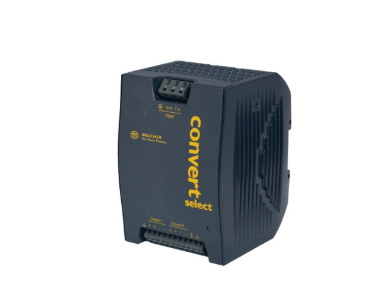
- User name Member Level Quantity Specification Purchase Date
- Satisfaction :
-











